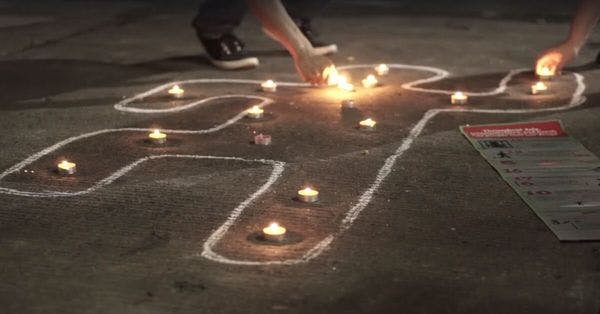Akei
The war on drugs is a war on the poor - It's time to rethink policies that don't work
This week the Hawks received all-round praise after 706kg of cocaine was found on a ship in transit from Brazil to India. Lieutenant General Godfrey Lebeva, national head of the Hawks, said: "By confiscating this cargo, we have severed the supply chain. But the war on drugs has neither been lost nor won. We are still going to put more effort in targeting the supply of these dangerous dependence producing substances.
But he is wrong, the supply chain has not been severed, and the war on drugs has, by its own measure, been lost. The seizure was big by any standards, but 700kg of seized cocaine will not make an iota of difference to the price or availability of drugs in the local or global market.
Tom Wainwright, in Narconomics, his excellent book describing the way drug cartels operate, explains that demand is so high that attempts to increase the cost of drugs to the end user, through supply reduction, do not work. The total production of cocaine in 2016 (the latest figures available in the UN Office on Drugs and Crime World Drug Report) was up 25% from 2015 figures, and hectares under coca cultivation increased from 156,900 to 213.000 between 2006 and 2017,
Despite international law enforcement spending billions on countering the cultivation of crops of opium poppy, coca and cannabis, there has been no reduction in supply or increase in price, and purity has risen. About 18.2 million people between 16 and 64 used cocaine and a quarter of a billion people used unregulated drugs. That is a lot of demand, a lot of supply, and a lot of money to fund political campaigns, buy protection and Influence law enforcement.
By request a better picture of my article, hopefully it can be read! pic.twitter.com/vffEejWFZ2
— shaun shelly (@shaunshelly) January 14, 2019
Topics
Regions
Related Profiles
- International Drug Policy Consortium (IDPC)
